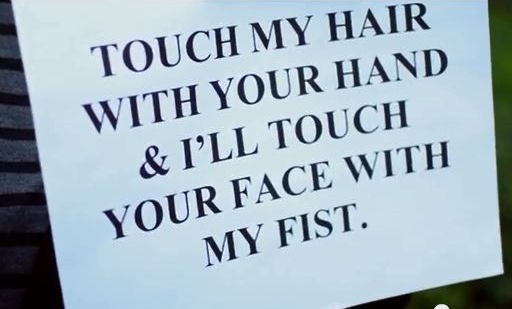
“Microaggressions” are not new, but the term has only recently entered our vocabulary as a means to describe the small, but frequent, indignities often experienced by minorities. If you have seen a white person touch an African-American person’s hair or heard questions like “What are you?” asked of a racially ambiguous person, you have witnessed a microaggression.
Sociologist Bradley Campbell, who has written about microaggressions, recently spoke with Boston’s local NPR news station, 90.9 WBUR, about his findings. He highlights cultural shifts that have produced and shaped microaggressions:
These microaggression complaints—what characterizes them is that they are appeals to third parties. They’re not something like vengeance where people just take direct action against the offender. Secondly, they’re complaints about minor things, which is what the “micro” in microaggression means. And then also that these—the complaints—are about specific kinds of things. It’s not just any minor offense, it’s things that are said to further oppression, and mainly the oppression of minority groups. So we thought about like when do these things occur? So some of the social conditions we mentioned were things like, you know, the presence of authority and also the demise of communal groups. But one of the main things is actually the increase in diversity and equality. So it’s in settings where there’s already a lot of equality and diversity that you get these kinds of complaints.
Listen to the whole interview here.

Comments